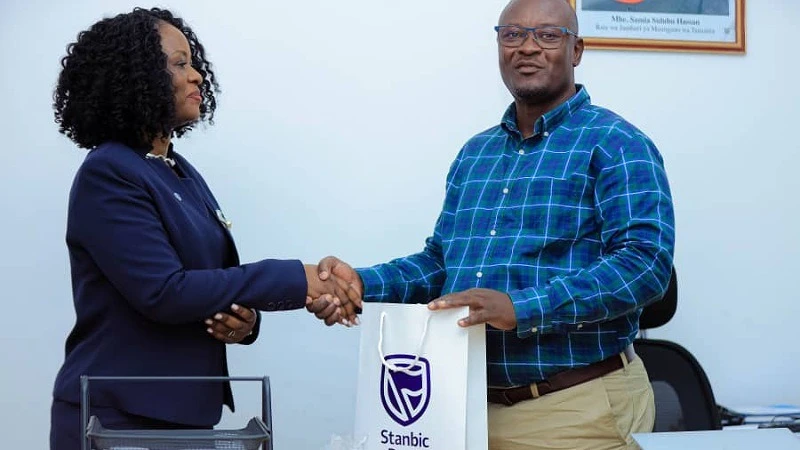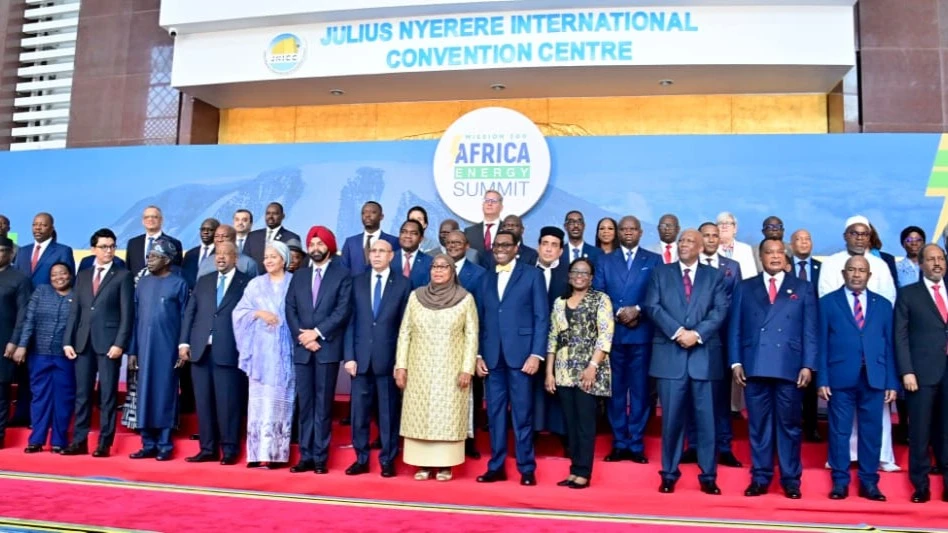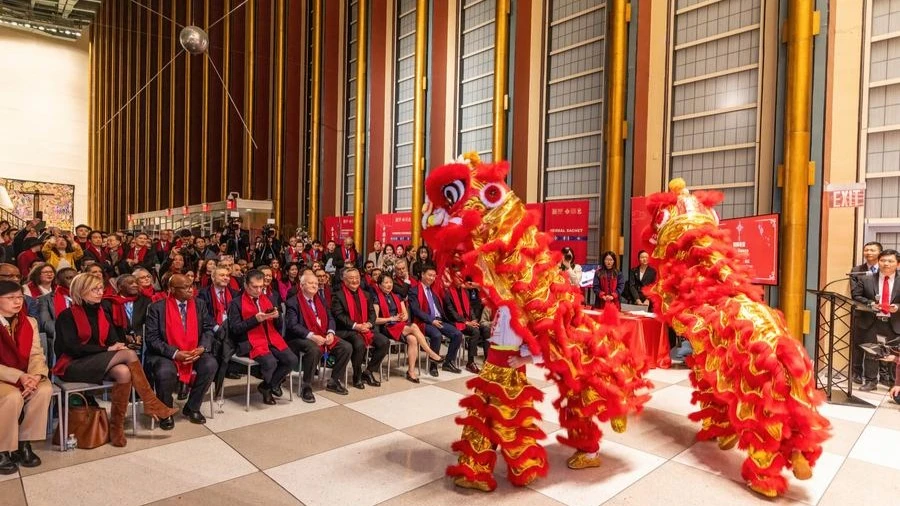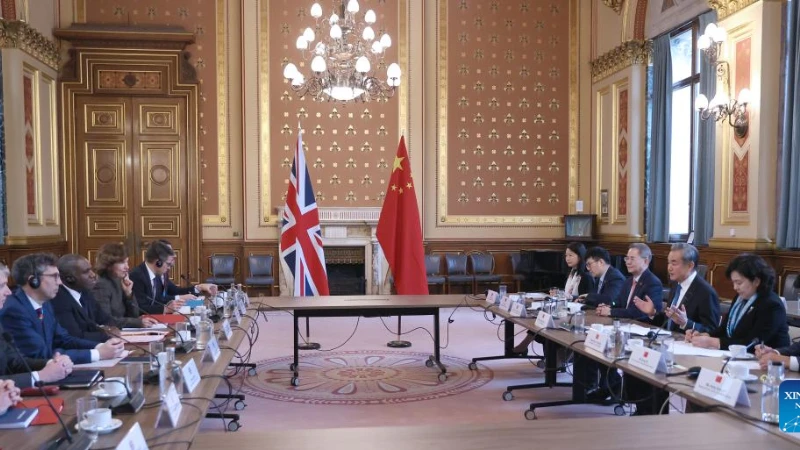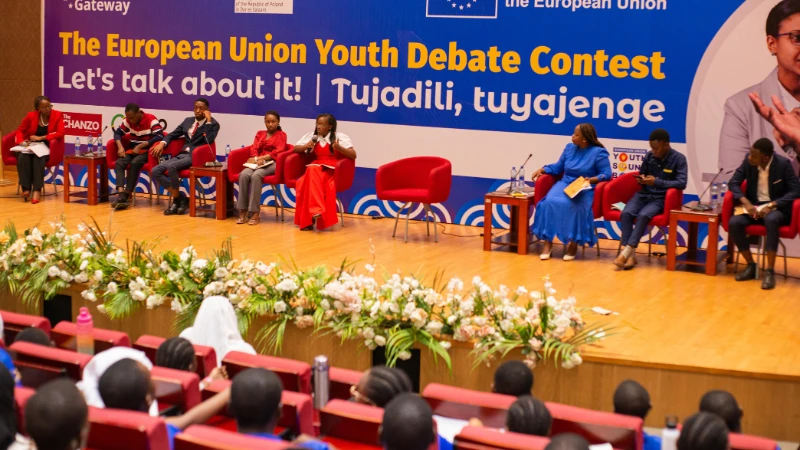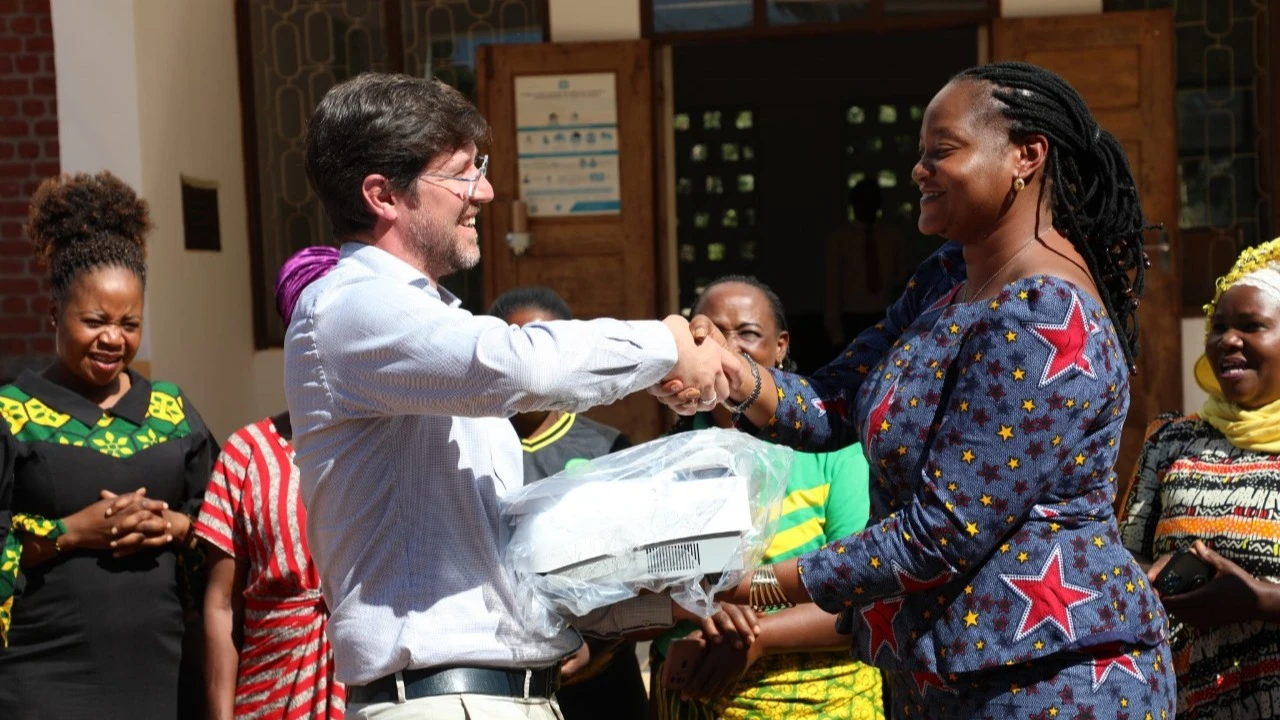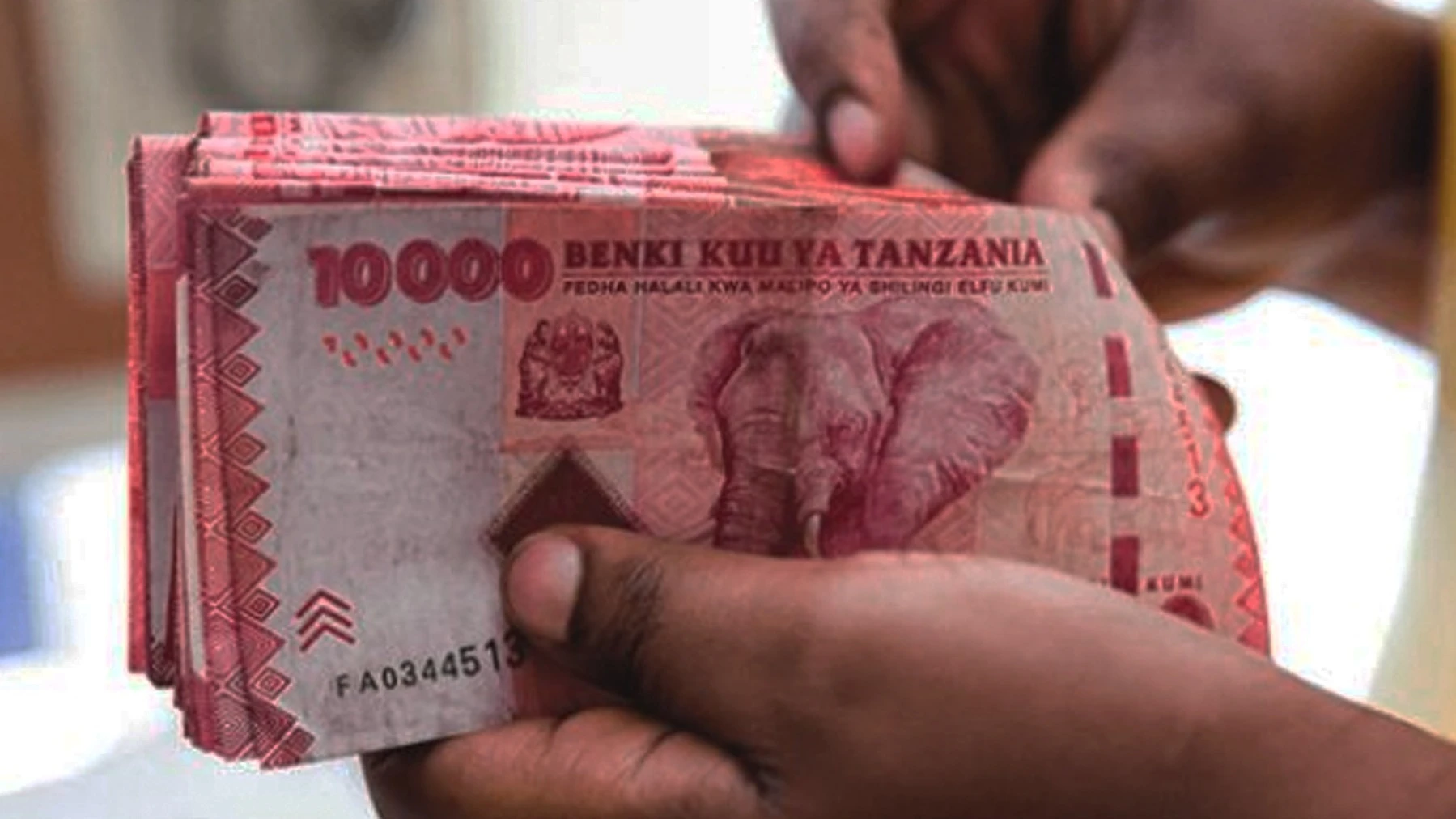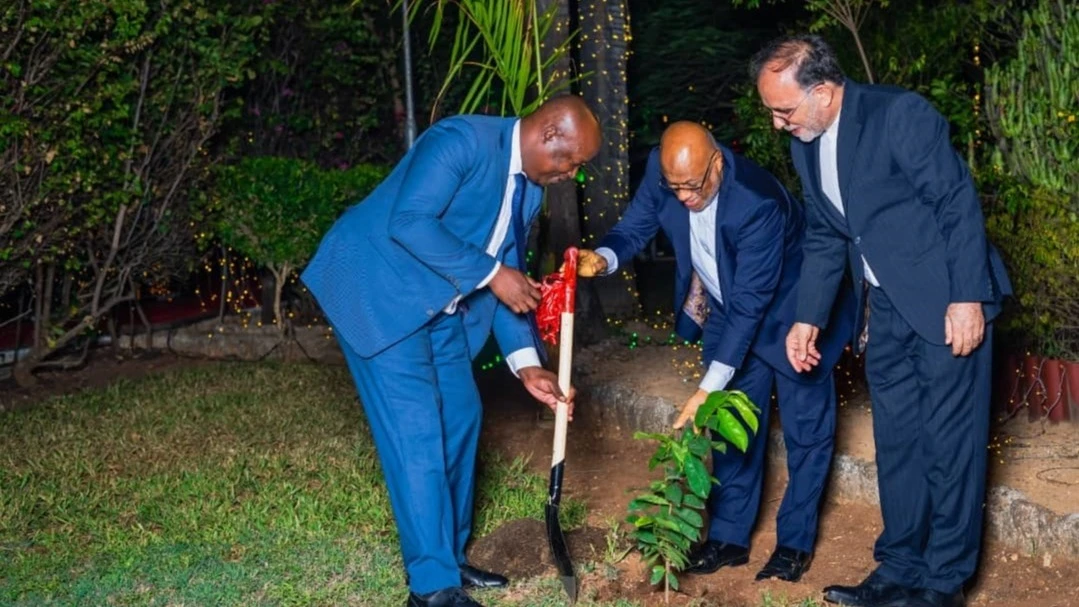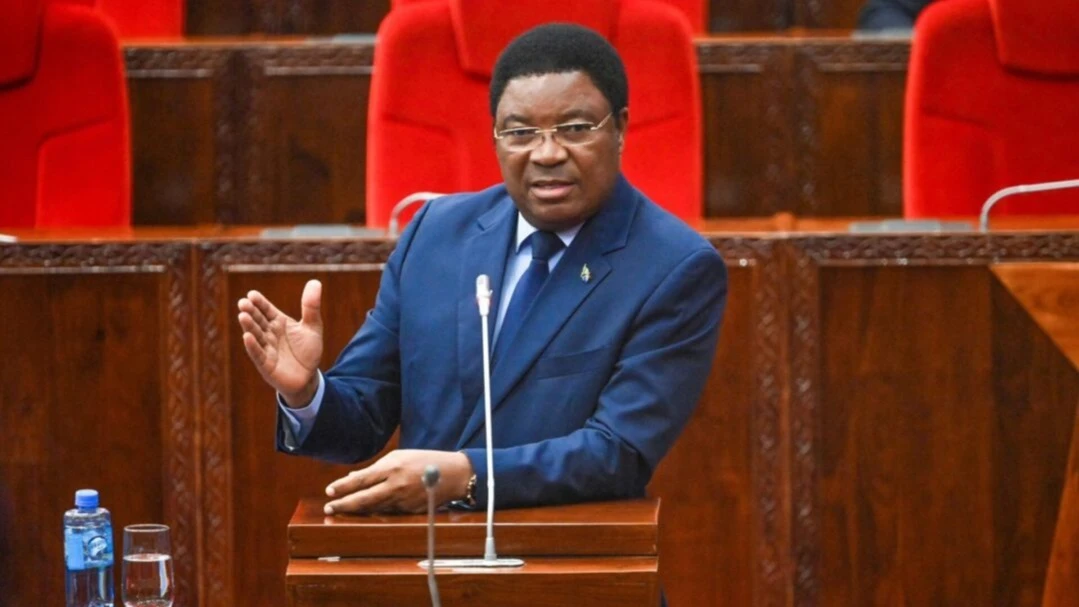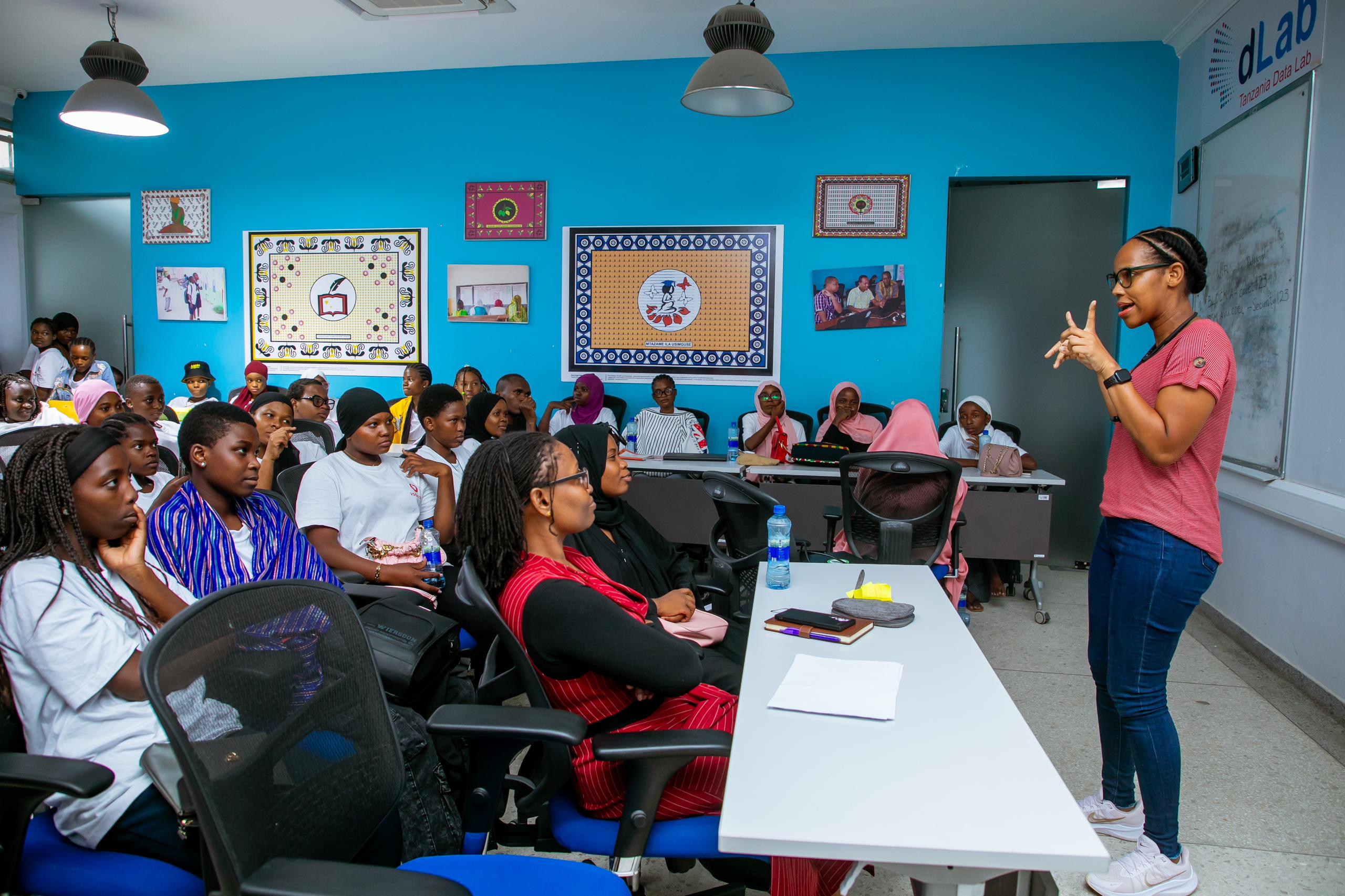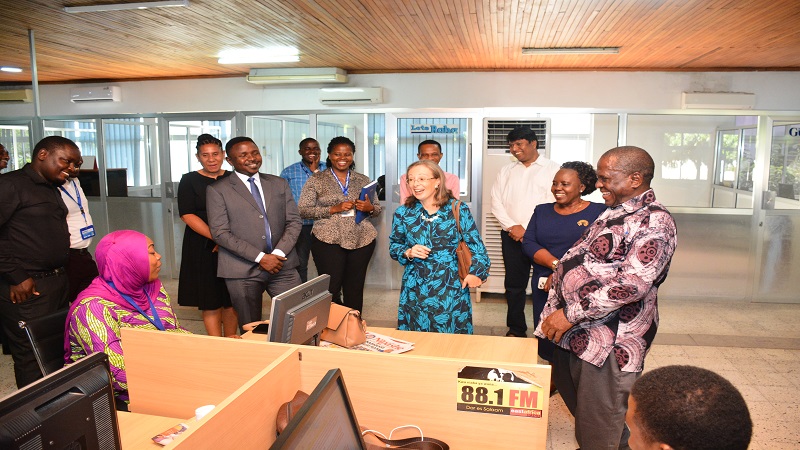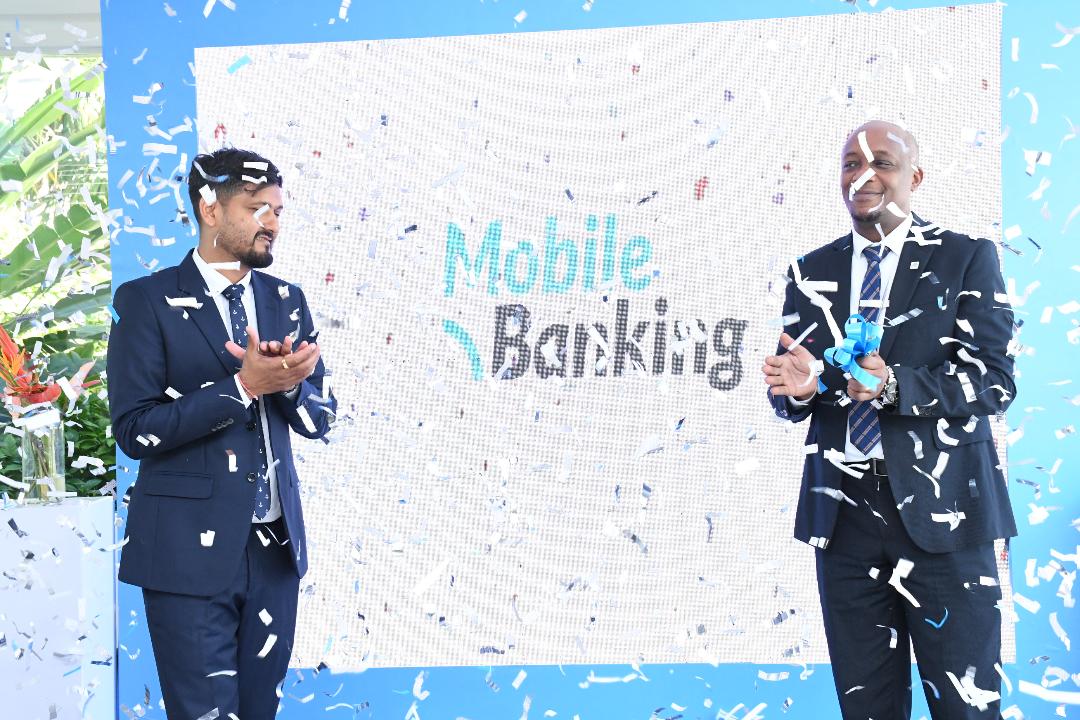Tanzanian students triumph in first-ever EU youth debate
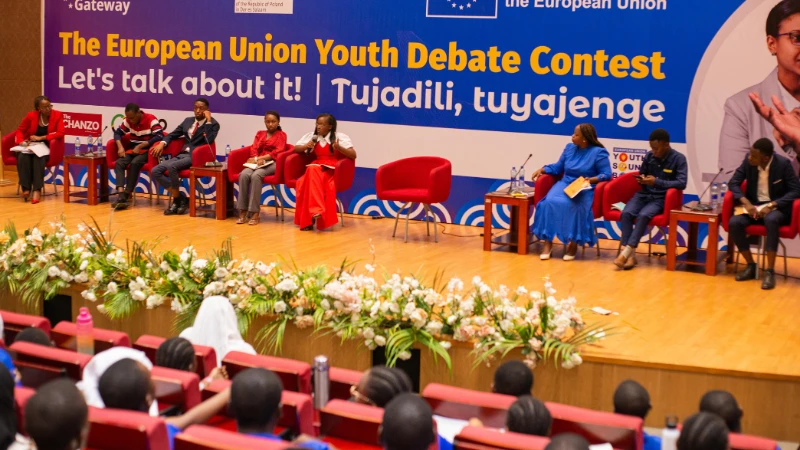
STARTING your own business guarantees a more sustainable income than a regular job? During a recently hotly debated organized by the European Union (EU) Delegation to Tanzania on the recent University youth debate contest, students from across Tanzania clashed in a battle of ideas with top debaters being sent on a learning journey to Poland.
For Careen Ndika, a final-year Actuarial Sciences student at the University of Dar es Salaam, the question of what comes after graduation has been a constant source of unease.
Like many young Tanzanians, she has watched the job market grow increasingly competitive, with opportunities often failing to match the number of graduates entering the workforce each year.
So, when she came across a social media post about a debate contest backed by the EU, the topic—having your own business guarantees a more sustainable income than a regular job—immediately resonated with her.
“The topic felt very personal to me,” Ndika recalls. “As a final-year student, this is something I have been grappling with for the past three years. I wanted to participate in the debate to engage in meaningful conversations on the subject.”
Compelled by the topic, she decided to throw her hat in the ring.
What she didn’t expect was that this decision would lead her to become the overall winner of the first-ever EU youth debate contest, an event that brought together university students from across Tanzania to discuss one of the most pressing issues facing young people today: whether entrepreneurship or employment offers a more sustainable income.
Debating the future of work
Launched mid-November 2024, the EU youth debate contest aimed to foster critical thinking, communication and collaboration among Tanzania’s youth. Open to students aged 18-25 from all universities in the country, the contest created a platform for young people to voice their opinions on issues directly affecting their futures.
The debate on entrepreneurship versus regular employment was particularly timely, given the shifts in Tanzania’s job market and the growing interest in self-employment among graduates.
The contest began with an open call for applications, inviting students to explain why they wanted to participate. Over 400 applications poured in, and from this pool, 100 participants were selected for the first phase—a social media debate (Facebook, X and Instagram). Each student recorded a two-minute video arguing for or against the motion and posted it online, sparking engagement and discussion.
“Social media is where many young people are, and it allows us to reach more people, promote dialogue, and amplify youth voices,” said EU Ambassador Christine Grau. “I must say, I was truly impressed by the submissions we received on this space.”
Running from December 15th to December 30th, 2024, the social media debates generated significant traction. Participants not only had to craft compelling arguments but also interact with their audience, responding to comments and questions. The creativity and passion of Tanzania’s youth, as well as their ability to use digital platforms for meaningful discourse was evident.
From online to onstage: Road to the finals
Following the social media round, the competition narrowed to 20 finalists from 9 different universities. These students were divided into four teams—red, green, blue, and yellow—and underwent pre-training in debating and public speaking.
The semi-finals held on January 30th, 2025, at the University of Dar es Salaam’s library auditorium, saw team red face off against team green, while team yellow battled team blue. Teams red and yellow advanced to the finals.
The final round, held the next day, came with a twist: the teams had to switch sides from the positions they had defended in the semi-finals. This meant that Team red, which had previously argued for the motion, now had to argue against it, while Team Yellow did the opposite.
“What made this debate particularly engaging was the fact that neither of the teams knew which side they would be defending until the finals,” said Dr. Baruani Mshale, Chief Judge of the Debate and Director of Learning and Strategy at Twaweza. “This approach pushed the students to critically analyse both perspectives and build well-rounded arguments.”
He said that the shift in stance forced participants to adapt quickly, pushing them to think critically and argue persuasively from different viewpoints.
Dr Mshale noted that the depth of arguments presented was striking: “Both sides highlighted interdependencies and interlinkages, showing that entrepreneurship and traditional employment are not mutually exclusive but rather complementary.”
In a closely contested final, Team red, arguing against the motion, won with a score of 81/100, narrowly edging out team yellow, which scored 79. The winning team included Kijafaraja Maduhu, Mary Kibira and Careen Ndika from the University of Dar es Salaam (UDSM), alongside, Timothy Jeremiah, and Erick Kaja from Muhimbili University.
Individual performances also stood out, with Careen Ndika emerging as the best speaker. She was followed by Diana Shabani from Tumaini University and her teammate Kijafaraja Maduhu from UDSM.
A unique prize: Learning beyond borders
The top three speakers were awarded a cultural and study visit to Poland. Acting Ambassador to Poland, Katarzyna Sobiecka, commended the participants for their structured arguments and strong use of research and data.
“They demonstrated the inquisitiveness and critical thinking necessary to build strong arguments, visibly grounding their points in insightful research,” Sobiecka stated. She emphasized that the study visit would offer an opportunity for further learning, networking, and cultural exchange.
For Ndika, the victory was the culmination of months of preparation and reflection. “It was a surreal and deeply gratifying moment,” she said. “I thought about the effort I had put in from the very beginning. At first, I couldn’t quite believe it, but after a few moments, I was overwhelmed with joy and gratitude for the recognition.”
Ndika’s preparation involved extensive research and real-world engagement. She gathered insights from news articles, social media, and direct conversations with both entrepreneurs and employees. “I challenged myself to ask 100 people—50 with regular jobs and 50 entrepreneurs—about which they believed was more sustainable,” she explained. “Although I didn’t reach all 100, the responses I gathered gave me a deeper understanding of how society perceives both options.”
A platform for growth, connection
The EU youth debate contest was a competition that also became a space for growth, networking, and inspiration, said Diana Shabani, who placed second. She highlighted the contest’s structured approach as a key factor in its impact.
“Most competitions I’ve participated in don’t have multiple phases,” she said. “The step-by-step format made this more engaging and allowed us to refine our arguments and improve at each stage.”
With the first edition concluded, plans are already in motion for the next. “This is the first EU-organized debate, but it’s certainly not the last,” said Ambassador Grau. “Our intention is to make this an annual series, ensuring even more students get the chance to participate.”
Top Headlines
© 2025 IPPMEDIA.COM. ALL RIGHTS RESERVED











